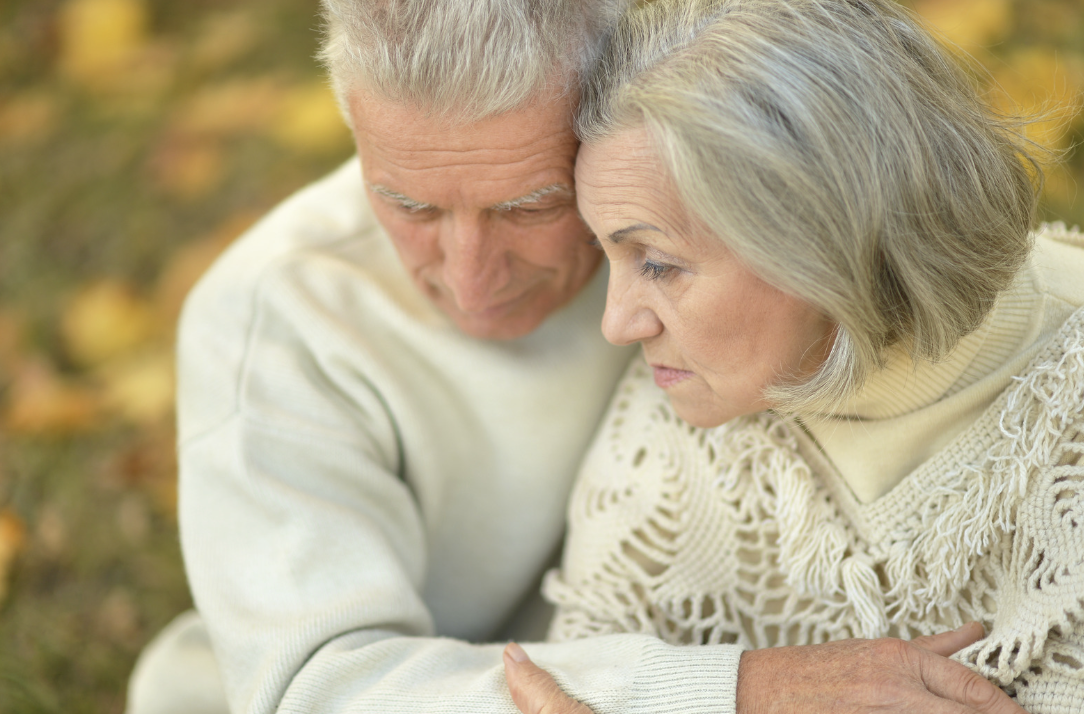Many psychological changes occur as we age, which may lead to attitude changes. These attitudes now may be positive or negative, but it is best to keep a positive attitude as it helps the elderly to stay calm in adverse situations.
Studies show that the elderly must have a positive attitude as it develops resiliency towards any complicated situations. This article will discuss why attitude changes while aging.
Six possible causes and solutions for negative elderly behaviors
- Medication side effects
On average, many seniors have been prescribed 14 to 18 yearly prescriptions for asthma, bone health, and antidepressants. Unfortunately, medications for asthma and some antidepressants make the elderly angry and impulsive or restless. You need to check out with a doctor if these negative attitudes increase.
- Early signs of dementia
Dementia is often related to Alzheimer’s, which is progressive and non-curable. However, some types of dementia also show similar signs and symptoms to Alzheimer’s. Dementia or Alzheimer’s symptoms makes the elderly restless and develop a negative attitude in the elderly toward other things. Making sure that they take their medicines in time and trying to listen to them will help in this regard.
- Vision changes
Vision-related changes are common in the elderly, as many elderly have diabetes, which mainly affects their eye site. Loss of eyesight gradually gives a mental toll on the elderly. The Elderly can react oddly when their vision changes. Helping them with daily errands and appointments with eye specialists will help ease them.
- Hearing problems
Hearing issues can significantly change elderly personalities and attitudes. Being unable to fully listen to what is being said takes a toll on the elderly. Hearing problems can also develop embarrassment in the elderly, and they might hide this issue. If you notice them struggling while hearing, you must make an appointment with an ENT specialist.
- Depression and other mental issues
Mental issues that can affect behavior in the elderly are stress, depression, and anxiety. In addition, factors like losing a spouse or a child and financial problems can cause depression in the elderly. On the other hand, active family and friend support can ease and relieve symptoms of depression in the elderly.
- Hidden emotional challenges or fears
Seniors do not open up about their feeling, fears, and worry-out concern that they do not want to disturb their children. However, these all hidden emotions do not tend to hide for long as the elderly express them in any form, like acting out on little things.
If you also notice your loved ones acting out this way, ask them and listen to them without passing judgment. This will help the elderly to let out any of their fears.
Takeaway home
As we age, we change psychologically too. These psychological changes can give a mental toll on the elderly, causing changes in their attitudes. Unfortunately, these changes affect the elders negatively. Therefore, it is best to look out for the elderly personally when they go through hearing impairments, vision changes, medicinal side effects, early signs of dementia, and mental disorders to avoid the development of negative attitude.

